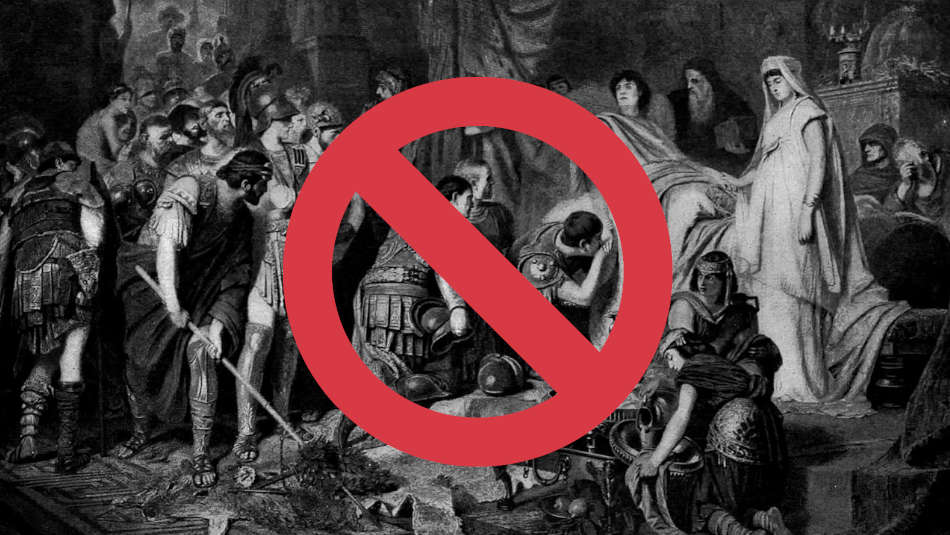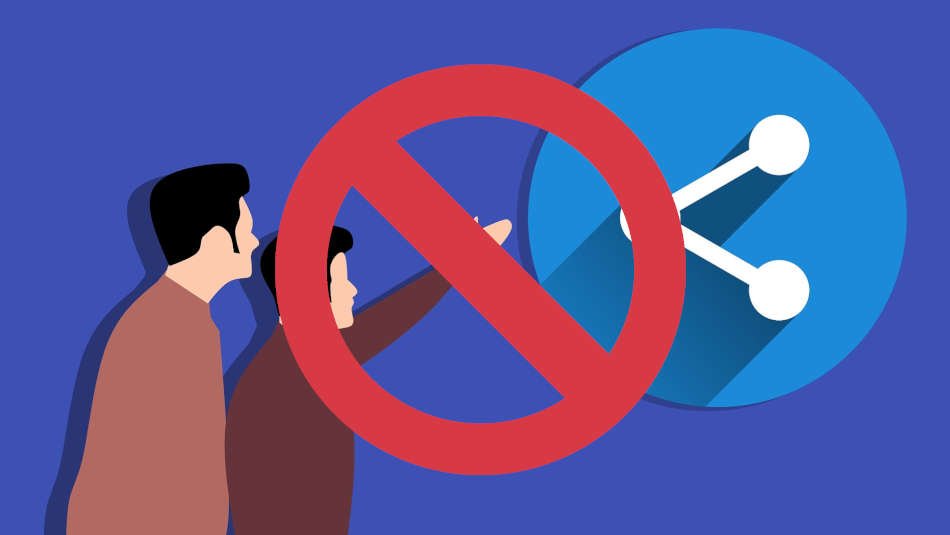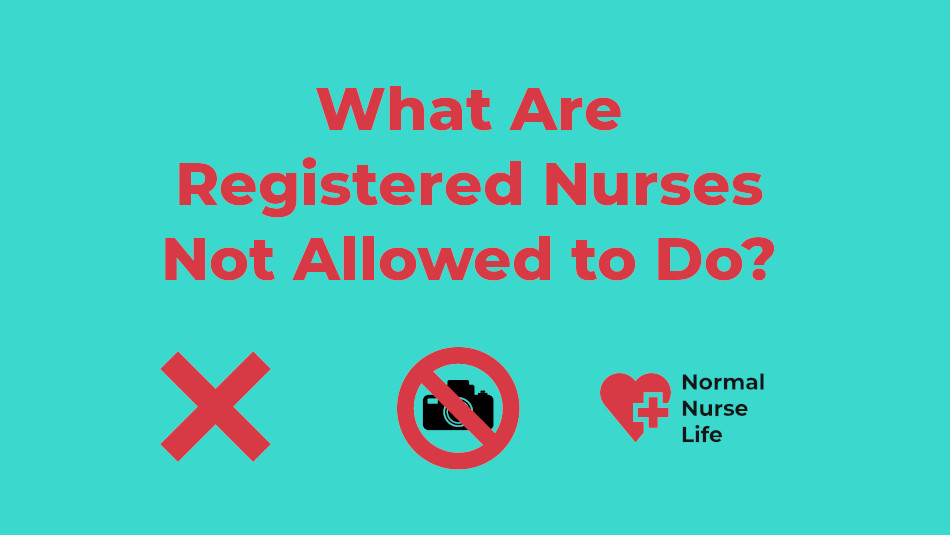Registered nurses are an essential part of the healthcare team. While discharging their duties, they should follow their scope of practice as defined by their respective nursing association. It offers a legal definition of what they can and can’t do legally.
Registered nurses (RNs) don’t only work in hospitals but can also work in schools, clinics, homes, schools, etc.
See also: Where Do Registered Nurses Work?
They also specialize in a range of areas including family practice, cardiac care, geriatrics, midwifery, labor & delivery, and emergency nursing.
But what are registered nurses not allowed to do?
In such cases, the scope also depends on the specialization and healthcare setting.
On a typical day, an RN monitors patients, administers medication, manages medical records, and educates patients and their family members, among other tasks.
See also: Can Nurses Look Up Medical Records?
So, let’s take a deeper look at what are registered nurses not allowed to do.
Table of Contents
What are registered nurses not allowed to do compared to physicians?
Physicians and nurses are among the most critical professionals in the healthcare sector, although every medical staff has a crucial role in inpatient care.
Majorly doctors provide medical diagnoses and opinions, while the nurses provide aid and physical treatment.
No matter the experience, there are some tasks that a registered nurse should never do.
See also: Can a Registered Nurse Bill for Services?
They should not engage in tasks that need the input of independent medical judgment.
Down below are all the activities what are registered nurses not allowed to do compared to physicians.
Certifying deaths

Legally, it’s only registered medical practitioners who can certify death.
But RNs can confirm the death.
This means a registered nurse can verify or confirm if a patient is deceased.
In this regard, the RN should check their employer’s policy on the same to avoid any ill legal implications.
Making medical diagnosis
Regardless of job experience an RN should not make any medical diagnosis or decide how to treat a patient.
They can only conduct a nursing diagnosis.
A medical diagnosis focuses on the disease while a nursing diagnosis focuses on the patient. It’s only a doctor who can make a medical diagnosis.
Physicians order and interpret medical tests alongside other diagnosis procedures, including medical history and physical examination.
These tests help to rule out certain illnesses and establish what the patients are suffering from.
A registered nurse can communicate some test results and health conditions that can’t be categorized as medical disorders or diseases, for example, pregnancy.
See also: Can Nurses Do Ultrasounds?
When discussing assessment findings or lab test results, RNs must ensure they’re not communicating a diagnosis.
See also: Can Nurses Order Lab Tests?
Physicians rely on various aspects when interpreting test results before making a conclusive diagnosis. A registered nurse density has the knowledge and experience to make a medical diagnosis.
Doctors follow set criteria to order and interpret lab tests.
See also: Can Nurse Practitioners Diagnose?
Prescribing medication and treatments

Number 3 on the list of what are registered nurses not allowed to do compared to physicians in prescribing medication.
An RN should not prescribe medication or provide treatment to patients. They should only administer medicines that have been prescribed by the doctor.
See also: Can a Nurse Practitioner Prescribe Medication?
Under particular circumstances and qualifications, some nurses like nurse practitioners can prescribe medications to patients. This varies from state to state and in different countries.
See also: 5 Rights of Delegation in Nursing
It also depends on the type of drug and the amounts of drugs to prescribe.
Prescribing medication to a patient attracts many risks.
For example, many medications can be contraindicated, even if they seem harmless. This may result in severe side effects to the patient.
If patients suffer any side effects after drug prescription by an RN, the facility and the nurse may face prosecution for malpractice.
Additionally, they may be sued for acting beyond their scope of practice. In such circumstances, the registered nurse may lose their license and job.
Performing surgeries and related invasive procedures
Number 4 on the list of what are registered nurses not allowed to do compared to doctors is surgeries.
RNs should not perform surgeries or invasive procedures like endotracheal intubation to patients. Although some RNs specialize as a surgical nurse, they are not trained to conduct surgeries.
See also: Do Nurse Practitioners Do Surgery or Not?
Their role is to prepare patients for surgery, assist the doctor during the procedure, and take care of the patient after surgery.
During surgery, a patient may be served by several nurses depending on the complexity of the procedure.
For example, a circulating nurse and a scrub nurse may attend to the patient.
The scrub nurse scrubs the patient’s arms and hands using surgical soap and puts on a surgical gown and gloves on.
See also: Why Do Nurses Wear Scrubs?
They also assist the surgeon during the surgery by passing them the instruments and supplies they require.
On the other hand, a circulating nurse act as a messenger ready to assist where needed.
Sharing patients or work-related information

The last thing what are registered nurses not allowed to do compared to physicians is sharing patients’ information.
Registered nurses have aces to patient’s private information as they discharge their duties.
See also: Can Nurses Accept Tips?
These details must be held in the utmost privacy and should not be shared with unauthorized individuals or authorities.
The nurse must respect and uphold the patient’s privacy and rights.
See also: Responsibility of a Nurse
Sharing this information violates HIPAA.
The RN should not connect with patients or their family members on social media platforms. Since sharing information on social media isn’t completely safe, this can lead to trouble.
Even if the nurse knew the person before they became their patient, any nurse-patient information should not be shared on such platforms.
They should also avoid sharing any work-related information over the internet.
Even simple information like a funny photo of a colleague at work can land the nurse in trouble with their employer. They can only post such details if their work policy permits the sharing of information on social media sites.
And in such cases, the nurse must counter-check these details to ensure they don’t infringe on a patient’s privacy.
An RN should not complain about their employer on social media. If they have any issues with their employer, they should be channeled via the right channels, such as their association.
And finally, an RN should not post any information online that can shame or demean the nursing profession.
Nursing is a noble profession that is respected by all.
See also: Can Nurses Date Patients?
Conclusion: What are registered nurses not allowed to do?
Nurses are not inferior to physicians; both are diverse disciplines that play critical roles in inpatient care.
See also: Can Registered Nurses Prescribe Medication?
Although nurses may suggest the plan of care for a specific patient, the final decision lies with the doctor. RNs must adhere to their scope of practice to avoid risking their patients’ lives and careers.
Each profession should stick to its roles to prevent malpractices and lapses in the medical sector.
Registered nurse differs from physicians in training and job descriptions; this notwithstanding, they should all be treated as equals in the healthcare team.
See also: Nurse Practitioner vs Physician Assistant
All should function as a team with the health and wellness of the patient being the main goal. An RN should not do a procedure they have not been trained in.
Now you know all about what are registered nurses not allowed to do.
Related articles of ours to what are registered nurses not allowed to do:
- What Are Nurse Practitioners Not Allowed to Do?
- Are Registered Nurses Exempt or Nonexempt?
- What Can a Nurse Delegate to a CNA?
- How Many Hours Do Nurses Work?
- Do Nurses Get Drug Tested?
- Can Registered Nurses Do Botox?
I’d appreciate it if you could give this article a star rating down below. Thank you in advance!
